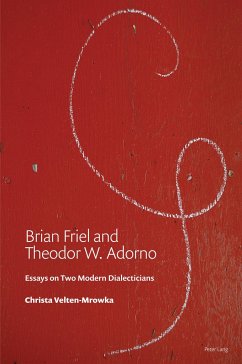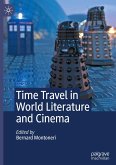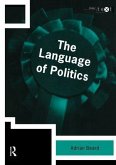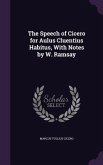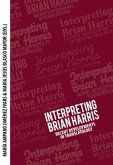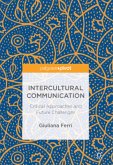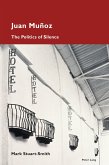This book discusses how from their different backgrounds and on different levels, the German philosopher, sociologist and musicologist,Theodor W. Adorno, (1903-1969) and the Irish playwright, Brian Friel,(1929-2015) came to the conclusion that the modern crisis rendered art¿s affirmative essence, like all positivistic fixations, obsolete. Only a new conception of dialectics, based on the reciprocity of opposites, rather than on antitheses, is capable of healing modern dichotomies. Independent of Adornös Negative Dialectics and Critical Theory, Friel is aware that with the processual character of life this requires of the artist in particular an attitude both critical and conciliatory and a persistent readiness to change. Reality is in need of possibility, its dialectic other. Uncertainty, in Friel¿s Theatre of Hope and Despair is no longer a defect of our time, but a source of creation in art as well as in life.
Hinweis: Dieser Artikel kann nur an eine deutsche Lieferadresse ausgeliefert werden.
Hinweis: Dieser Artikel kann nur an eine deutsche Lieferadresse ausgeliefert werden.

